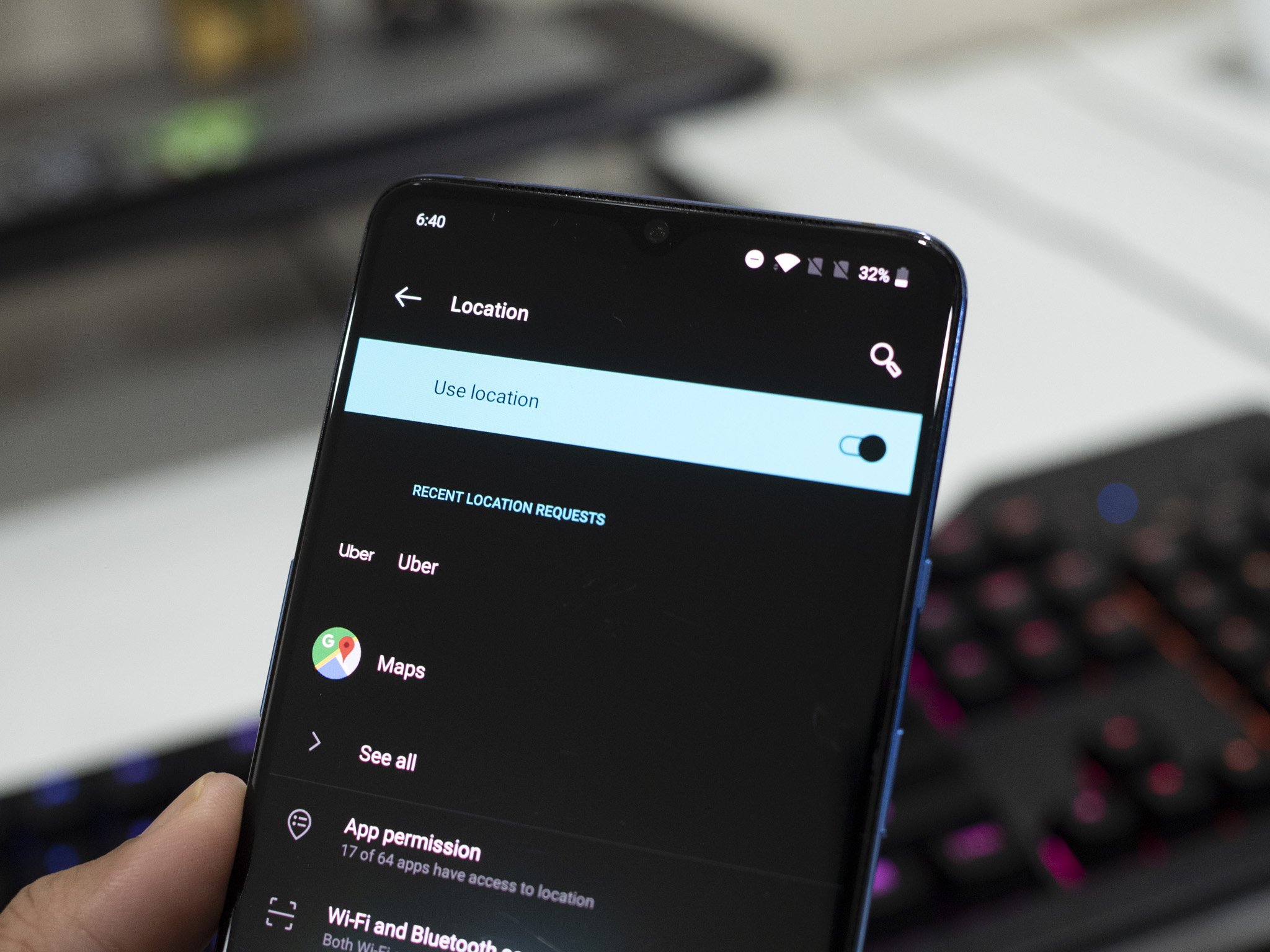Google and Apple want to ban developers that use X-Mode software to track you

What you need to know
- Google and Apple now prohibiting developers from using X-Mode's tracking software.
- X-Mode is under scrutiny for its work with government and law enforcement agencies.
- Developers on Android have one week to remove the code from their apps; iOS developers have up to two weeks.
According to the Wall Street Journal, both Alphabet/Google and Apple have announced that they will no longer allow developers to use the location tracking information provided by X-Mode Social Inc. in apps running on their Android or iOS platforms.
X-Mode creates location tracking software widely used by app developers and various government agencies, corporations, and law enforcement. The company has come under intense scrutiny recently, specifically for its security and defense contracts. It is currently under investigation by U.S. Senator Ron Wyden's office as well as from media outlets such as The Wall Street Journal for allegedly using its data to target certain religious or cultural groups, as well as collecting data about Internet of Things (IoT) devices that were in proximity to users' phones.
According to the Journal article:
Both Apple and Google disclosed their decision to ban X-Mode to investigators working for Sen. Ron Wyden (D., Ore.), who has been conducting an investigation into the sale of location data to government entities.
Google has given Android developers seven days to remove the tracking code from their apps, while Apple is being a bit more gracious in offering its developers up to two weeks. Both have indicated extensions may be made on a case-by-case, app-by-app basis.
Both Google and Apple have put user privacy at the forefront of recent Android and iOS releases, offering more granular controls that allow consumers to decide which apps can access their location data, when, and for how long. However, many people still don't understand the importance of these protections, nor do they necessarily use them as they perhaps should. As soon as a user grants an app location permission (even if it's restricted), apps can technically collect that data and use it largely how they see fit. Apps can even sell location data to other parties.
So whether you're using an entry-level device or one of the best Android phones, be sure to take advantage of your location and privacy controls from now on.
Have you listened to this week's Android Central Podcast?
Get the latest news from Android Central, your trusted companion in the world of Android

Every week, the Android Central Podcast brings you the latest tech news, analysis and hot takes, with familiar co-hosts and special guests.

Jeramy was the Editor-in-Chief of Android Central. He is proud to help *Keep Austin Weird* and loves hiking in the hill country of central Texas with a breakfast taco in each hand.

